Almost all the parents with whom I work tell me that they just want their child to go to a “good” college. However, when asked to define the term, they have a harder time explaining what they mean by a “good” college other than they saw the name in a ranking list .
I understand that many international families do care about the name brand recognition of the university because of how it plays in their own countries, but in fact, there are many excellent universities in the United States. To really identify what’s going to be a good place for the student, I like to focus on the experience that the student will have once at college. Forbes magazine recently published their “30 Under 30” guide to the most creative, innovative, and entrepreneurial Americans who are changing the world in important ways. Most have not graduated from schools in the “top 50” of the US News and World Report rankings, proving yet again that often it’s not so much about where one goes as much as what one does once they get there.

So much happens while a student is in college (a term we use almost interchangeably with university) that will make it a “good” experience, and this is what I’m looking for when I visit colleges. So here are ten of the most important factors that I encourage my students and families to consider when trying to decide if a college is going to be “good” for them. Plus I love helping international students find a good college and this is where I start:
1. What are the class sizes?
Are class sizes small enough to encourage interaction with the professor and good class discussion? Or are they large lecture classes of several hundred students where the professor has little choice but to deliver a presentation. How does the student learn best?
2. Professors
Are professors accessible to students after class so that they can ask more questions or get help with the subject material? Will they mentor the student? My son still meets up with a professor he had several years ago for coffee to get his advice and encouragement. That’s special, and it’s wonderful when students find someone they feel will take an interest in them. Additionally, what real world experiences do the professors bring with them to the classroom?
3. Academic fit
Is this college the right academic fit for a student? Will they find enough academic challenge without feeling overwhelmed? When looking at colleges, it’s important to note that they also have varying degrees of selectivity, meaning that some require super high ACT or SAT and SAT subject test scores, some have lower average standardized testing scores, and some don’t even consider standardized scores for international students.
4. Community feeling
Do students feel like they belong to the campus community? Are they involved in campus life? This is something uniquely American but important. Or do they go to class and then socialize in clubs outside of school at every opportunity?
5. Classmates
Who are the other students? Are there many other international students on the campus? Will students be given opportunities to learn from their peers in the classroom, participate in class discussions, and collaborate on projects?
6. Internships
What kinds of internships does the college offer their students and where so that they gain some real world experience related to their field of study?
7. Opportunities for research
Do students have the opportunity to participate in research and delve deeper into their subject areas? Can they assist a professor with research? Not all research involves a laboratory and scientist with a white coat – there is also research done in every area of academics.
8. Study Abroad
Do many students participate in study abroad opportunities? Where do they go? What kinds of experiences do they have? Leaving one’s comfort zone to go out into the world can change one’s perspective in many positive ways.
9. Career Services
What kind of career services does the university or college offer? Do they help students to craft a stellar resume and then help them to actively pursue their career opportunities? Does the institution sponsor career fairs to help students and potential employers meet? If the student looks beyond those who come to campus to recruit, what kind of support do they receive? Do the alumni associations extend to other parts of the United States and the world at large, and do they actively try to help other graduates?
10. “End Product”
What does the “end product” look like? I was recently at a college where the students were so poised, mature, and articulate that I had a hard time remembering they were just 21 or 22 years old. They genuinely reflected the maturation process that happens in a nurturing environment that also maintains high expectations for their students.
In conclusion…
If we look at colleges that help students develop their talents and interests and mentor their students in the process, we will find there are many excellent colleges where a student can develop his/her potential. In my view, that’s the definition of a “good” school!













